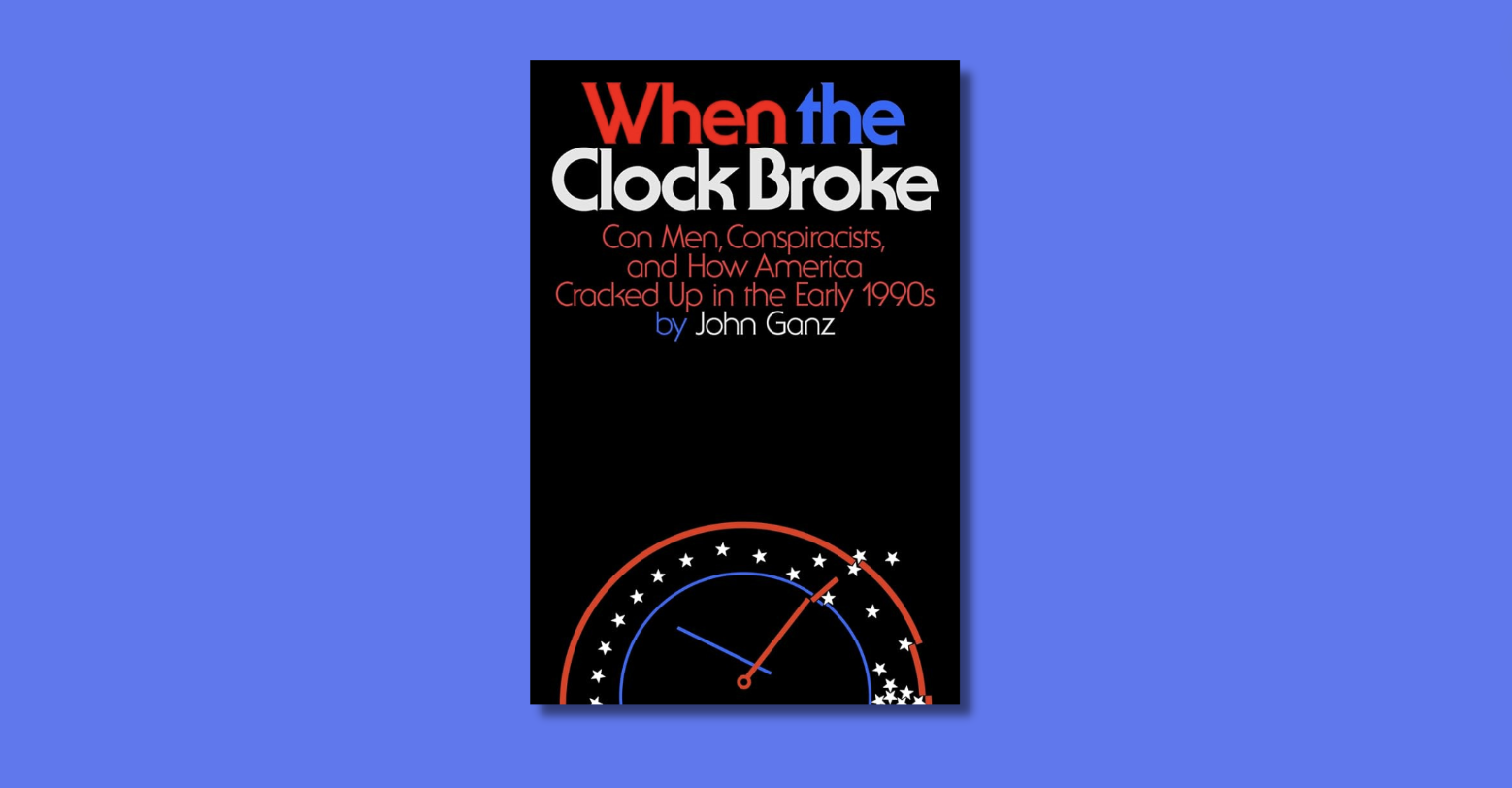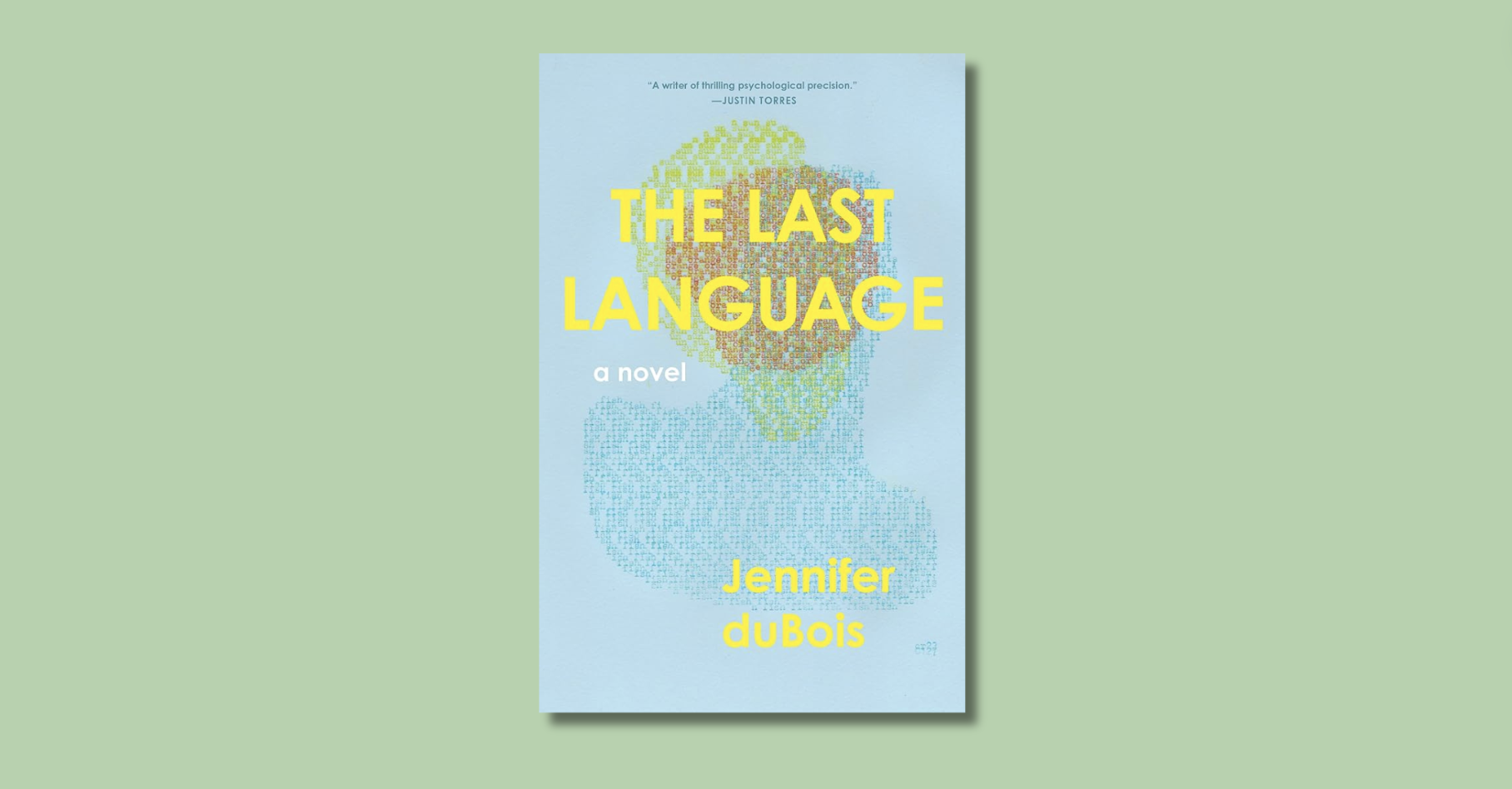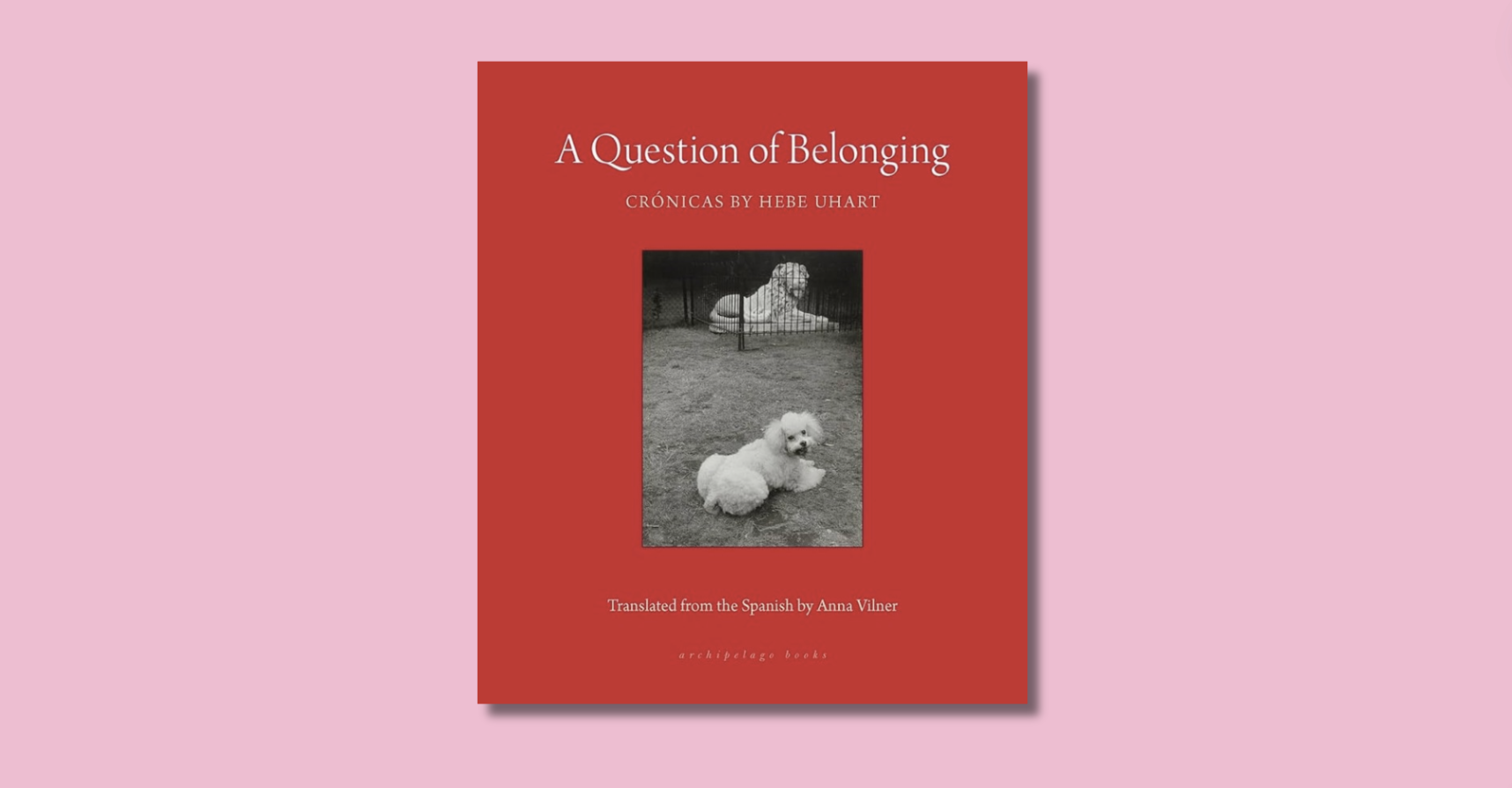Genre, genre, genre, whole days go by when I am asked of nothing else, especially those moronic questions about horror that should have been swept out of civilized discourse at least thirty years ago: Tell us now, if you can, for we are really terribly curious about this, why is it, do you think, that reasonable people should pay good money to be, well, frightened? What, you know, can the appeal of such… unpleasantness… actually be? And on a more personal note, please, we’re all so curious… if you wouldn’t mind… what scares you? Okay, in reverse order, then: pretty much the same kind of thing that frightens you, what did you think I’d say, giant lizards? And, moving on to the first question: What are you trying to suggest, that you are not, have never been, implicated in this particular transaction? How certain are you, anyhow, that what you call “unpleasantness” is not a necessary, even crucial, part of our experience? Maybe you should lock yourself up in your heart long enough to work out your actual relationship to matters like shame, loss, envy, panic, brutality, greed, insecurity, loneliness, failure, whatever you find particularly unpleasant. Because that, dimwit, is where you live, especially if you really hate the whole idea of familiarity with such crappy, low-rent feeling states.
Let’s be honest, down there in the gutter is where most of us live better than half the time anyhow, probably a lot more than half. And if we are talking about those states of consciousness kept on back-burner low-simmer, we have to jack the figure up to maybe ninety per cent of the time, maybe ninety-eight. At this point, some impolite character like me comes along and says, It’s too bad you find this stuff so unacceptable when it takes up so much of your life, hmmm, couldn’t you maybe revise your category stances and define all this prime-time, tight-focus actuality in a different way? Because let’s face it, you don’t spend your life hang-gliding from one emotional peak to another, do you. The only way you recognize an emotional peak when you are fortunate enough to experience one is that it feels so different from the rest of your life, hmmm, let’s make that little noise again, hmmm, it’s so expressive of almost unwilling mentation. Why, we could say, it’s almost as though we were designed to be struggling and limping our way through the lowlands and gutterscapes, it’s like, you know, that’s the point, the struggling and limping, the gutterscapes so foul so fragrant. The point. The more you take in, the more you see. Shame shock blood pain grief suffering… you might even say, that’s the good part.
Oh, not really. Please. If that weren’t so perverse, it’d just be silly.
Um. Well, yes, perverse, I agree, but not at all silly. Yes, really: the good part. Meaning, the room where you and your life sit opposite each other in the dark, blinking and squinting, hoping the grimace on the blood-smeared face across the room is a brave grin. Or “plucky,” if that’s the way you think.
Well now, come on, that’s completely ridiculous. That’s just… genre, is what that is. And you accuse us of thinking in clichés!
Okay: genre genre genre, here we go. Crime novels and horror stories huddle down here in the gutter, right?, while real literature lives in the fragrant uplands and on the radiant peaks where plotting is at most secondary and life proceeds by instinct and intelligence, by fine intuition and a lively moral consciousness, owing nothing to formulae and the requirement to gratify the lazy reader’s expectations of suspenseful suspense and exciting excitement. One is disposable, the other immortal. However… well, just for beginners, let’s admit that literary fiction is a genre, too, shall we? Expectations guide its readers, that of respect for consensus reality and the poignancy of seemingly ordinary lives, of sensitive character-drawing and vivid scene-painting, of the reversals and conflicts characteristic of the several sub-genres of literary fiction: the academic novel, the comic novel, the adultery novel, the comic academic adultery-novel, the experimental novel, the novel of foreign travel or inward journey, of unexpected encounter, of breakdown, of alcoholism, of youth, of middle age, of a hundred different things so well-known and encoded that the fonts used for the titles and the authors’ names tell you as much as the flap copy.
You know what else those fonts can tell you? This isn’t an exact science, let me admit, but they suggest how many copies the publisher thinks he is going to sell. It’s all there, right on the jacket: this book is a challenging yet comforting work of fiction in which the sensitive and ironic young protagonist experiences painful yet comic difficulties writing his first novel in a French fishing village. Soon, pages of his manuscript disappear from his desk and begin to turn up in the locations they describe. We hope to unload at least ten thousand copies of this well-written, pallid piece of post-modern, post-Jamesian crapola, but five is about what we expect. Title and author’s name “charming” in crumbling white letters, sans serif, all lower case, title just below jacket center and to the left, author’s name two lines down, tabbed farther left and irregularly spaced, some letters slightly askew. That says: five is about what we expect. The author will soon find that he no longer has a two-book contract.
Which is to note that publishing companies tend to signal complex decisions about marketing in ways both deliberate and inadvertent. Bookstores organize their inventory by sorting them into categories, and publishers try to make it easy for them. Genre jackets feature bright colors and embossed lettering, the author’s name in immense fonts bannered across the jacket bottom underneath some thematic kabuki. That’s how you know they are crime novels, all that vulgar hoopla on the jacket, even the “good taste” crime jackets look crass and shiny. In bookstores, you spot them right away, and that’s the point. Genre fiction came into being because publishers discovered from the pulps that there was a market for it, and it stays viable because it’s like food, people keep buying books by Robert B. Parker and Michael Connolly to get the same delightful taste in their mouths over and over, as if the books were made of maple walnut ice cream. (I’d say that people bought three decades’ worth of John Updike and Philip Roth novels for the same reason, and that a completely different set of readers have kept returning to William Gaddis and Thomas Bernhardt for an earned anticipated nourishment that cannot really be compared to ice cream.)
 Now, as fantastically reliable as he was in delivering the desired goods, Robert B. Parker grew awfully soft in his later years, but Michael Connelly has remained true to his original impulses, to put on display the underbelly of L.A. while tracking an idiosyncratic detective’s solution of a complex crime or series of crimes. While remaining a very reliable and pleasurable crime writer, however, Connelly never rises above that category. Because Connolly is both wholly serious and honest about what he does, he would find the idea of “rising above his “category” risible. He should, anyhow—he’s earned that much, the right to an absolute respect for his own work. It is worth noting that both Parker and Connelly are rooted in Raymond Chandler, who may be the only American crime writer ever really to turn genre crime fiction into art, and he managed to do it only once, in The Long Goodbye. He knew he’d done it, too: you can feel it in his letters, the evolution from an earlier edgy, wary defensiveness into, late in his life, a self-doubting, self-questioning master’s sense of accomplishment. Though Ross Macdonald came very close a couple of times, none of the writers who followed along after Chandler ever wrote anything as resonant, complex and sad as The Long Goodbye. None of them, not even Macdonald, ever could, in large part because they were all using a borrowed template that grew thinner and thinner with every generation.
Now, as fantastically reliable as he was in delivering the desired goods, Robert B. Parker grew awfully soft in his later years, but Michael Connelly has remained true to his original impulses, to put on display the underbelly of L.A. while tracking an idiosyncratic detective’s solution of a complex crime or series of crimes. While remaining a very reliable and pleasurable crime writer, however, Connelly never rises above that category. Because Connolly is both wholly serious and honest about what he does, he would find the idea of “rising above his “category” risible. He should, anyhow—he’s earned that much, the right to an absolute respect for his own work. It is worth noting that both Parker and Connelly are rooted in Raymond Chandler, who may be the only American crime writer ever really to turn genre crime fiction into art, and he managed to do it only once, in The Long Goodbye. He knew he’d done it, too: you can feel it in his letters, the evolution from an earlier edgy, wary defensiveness into, late in his life, a self-doubting, self-questioning master’s sense of accomplishment. Though Ross Macdonald came very close a couple of times, none of the writers who followed along after Chandler ever wrote anything as resonant, complex and sad as The Long Goodbye. None of them, not even Macdonald, ever could, in large part because they were all using a borrowed template that grew thinner and thinner with every generation.
Macdonald, Parker, and Connelly worked or work in a genre that provides convenient situation-patterns, a condition that is made possible because the designations “crime” and “mystery” identify and to some extent predetermine the content of the fiction they cover. Crime writers and academics of genre fiction like to denigrate horror by pointing out that unlike “mystery,” “western” or “romance,” “horror” specifies no content beyond the emotion it is intended to arouse. I think this absence of specificity is not at all a limitation but the reverse, a great enhancement. That no situational templates are built into horror grants it an inherent boundlessness, an inexhaustible unlimitedness. If the “horror” part is not stressed all that overtly and the author spares us zombies, vampires, ghosts, haunted houses, hideous things in bandages, etc., what results is fiction indistinguishable, except in one element alone, from literary fiction. That crucial element could be called point of view, or angle of vision. It is whatever dictates the way in which everything is seen. For further details, return to my first paragraph. Consult your heart, go on, lock yourself in and think about loss and loneliness, about grief, these hard, necessary facts. Where do you live, really, in what kind of world? The question can never be answered in a way that is not unsettling.
Image Credit: Flickr/naixn.








